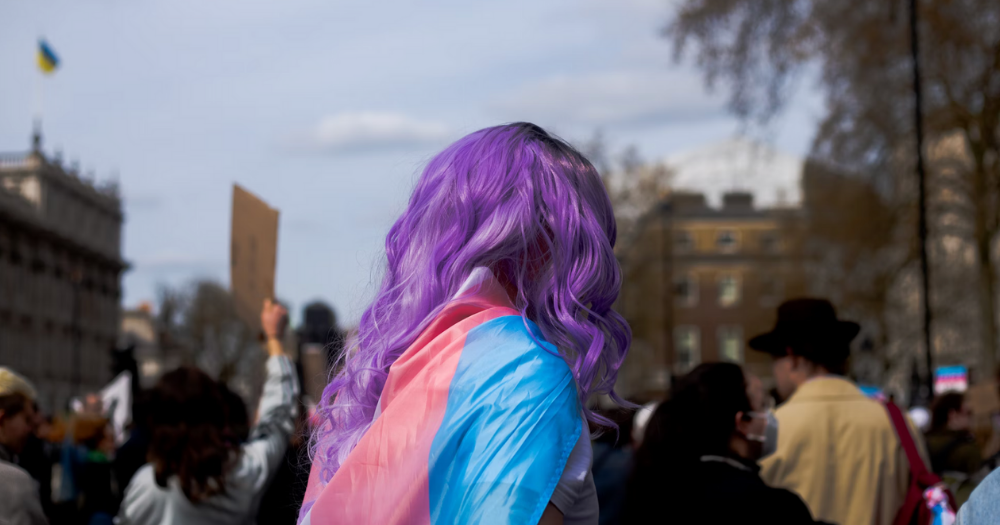A new report from TransActual UK has laid bare the impact of the UK Supreme Court’s April 2025 ruling, which defined ‘woman’ in the Equality Act 2010 as referring solely to biological sex. The ruling has excluded trans people from the legal protection of sex-based discrimination, a shift with profound consequences for daily life.
The report, entitled Trans segregation in practice: Experiences of trans segregation following the Supreme Court ruling, details accounts from trans and gender non-conforming cisgender people who are increasingly being denied access to bathrooms, changing facilities, hospital spaces, and other single-sex areas. Many spoke of feeling unsafe, alienated and humiliated.
One trans man explained how his local gym barred him from both male and female changing rooms.“I would only be allowed to use the family changing room, but as I don’t have kids, this would make me feel uncomfortable and I also feel it makes me look like a creep,” he said.
A trans woman reported being excluded from a hospital’s women-only lounge. “I was denied access to female lounge because of being transgender I felt upset, alienated and othered,” she said. “I was invited by other women patients to take part in a spa evening, but I was unable to join them because the hospital directors would not allow me to be in a female space. The patients were upset and outraged on my behalf, they felt it was unjust.”.
The parent of an 18-year-old cis person shared her daughter’s experience of facing issues in an entertainment venue: “She is a cis-female who wear her hair short and was challenged by a security guard on leaving the ladies toilet, who told her she shouldn’t have been in there.”
Another cis lesbian shared: “I was stopped by another woman from going into the women’s toilets, saying ‘this is the ladies’.’ I said ‘I know’ and went in.” For many, these encounters created an atmosphere of fear.
A disabled and neurodivergent trans man described harassment in a public toilet: “A man in a very public, very busy bathroom, tried to shout at me while I was washing my hands that I was ‘in the wrong bathroom’ and when I didn’t respond, tried to get someone else to notice that I was there. I managed to ignore him and leave without anything else happening, but it was uncomfortable and made me feel deeply unsafe.
“It made me feel incredibly unsafe, anxious and angry. I’m grateful that no one else joined him and that he didn’t try to follow me.”
According to TransActual UK, the ruling has effectively sanctioned widespread exclusion. The organisation states: “Our work is broad ranging, but we have a particular focus on healthcare and trans people’s legal protections. We also seek to raise trans people’s voices and raise awareness of trans people’s lived experiences.”
The report concludes that trans people and others who do not “look right” are being systematically excluded from public life, workplaces, and community spaces, leaving many vulnerable to violence, harassment, and social isolation.
Did you know we have a team of wonderful runners taking part in this year’s Dublin Marathon and raising funds for GCN? You can support our athletes at this link.
© 2025 GCN (Gay Community News). All rights reserved.
Support GCN
GCN is a free, vital resource for Ireland’s LGBTQ+ community since 1988.
GCN is a trading name of National LGBT Federation CLG, a registered charity - Charity Number: 20034580.
GCN relies on the generous support of the community and allies to sustain the crucial work that we do. Producing GCN is costly, and, in an industry which has been hugely impacted by rising costs, we need your support to help sustain and grow this vital resource.
Supporting GCN for as little as €1.99 per month will help us continue our work as Ireland’s free, independent LGBTQ+ media.
